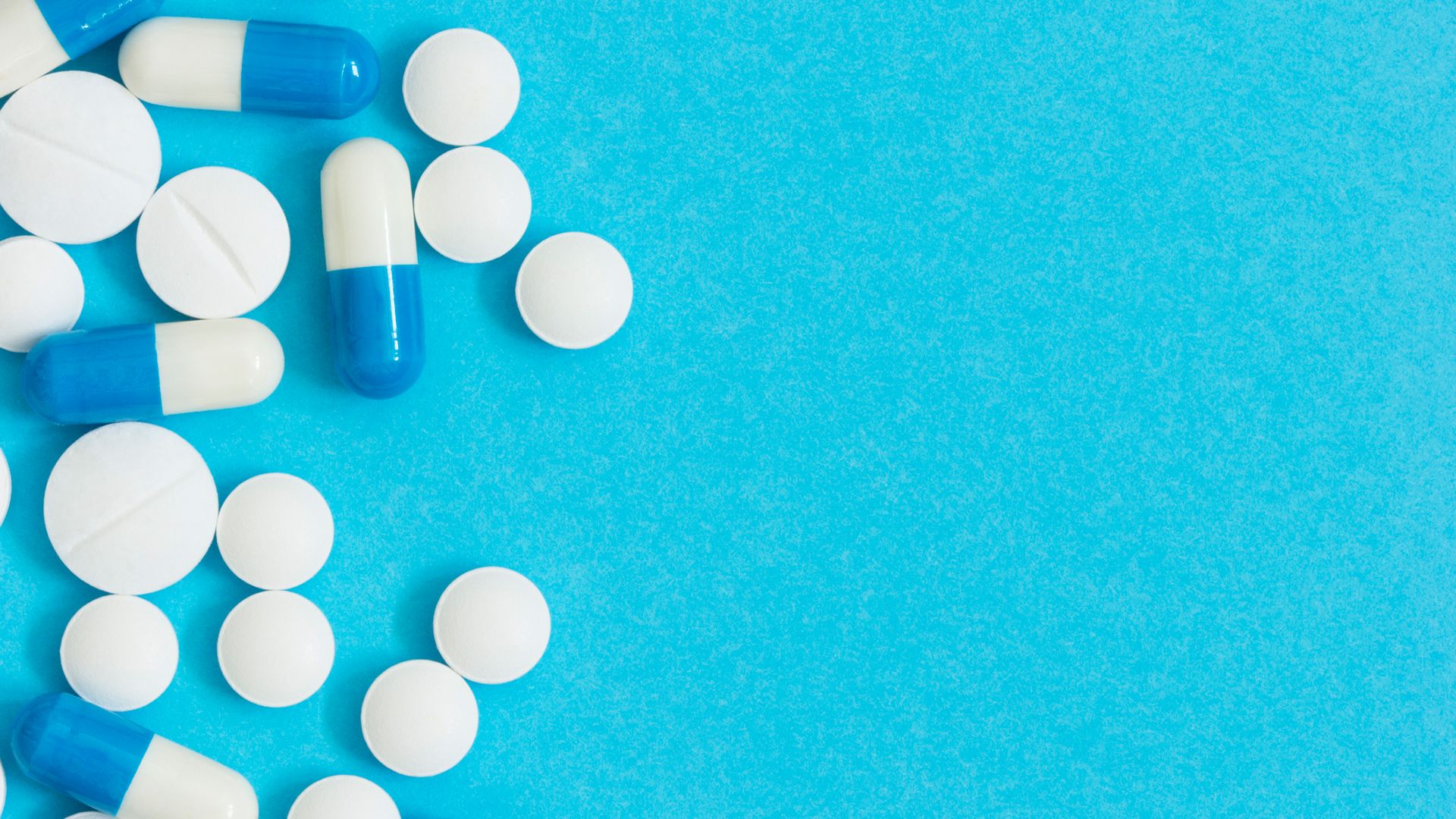If you have ever experienced a major depressive episode, know that you are not alone. According to statistics published by the National Institute of Mental Health (NIMH), over 19 million adults in the U.S. experienced at least one episode of major depression in 2019. This makes major depression one of the most common mental health disorders among people living in the U.S.
Also known as clinical depression, major depression, or MDD, major depressive disorder can negatively impact every area of a person’s life and health.
MDD can interfere with a person’s ability to take care of their physical health, including eating a nutritious diet, exercising, going to routine healthcare appointments, and maintaining good hygiene. Many with MDD experience physical health problems, including problems with digestion, sleep, and pain.
Having MDD can interfere with maintaining social connections, including relationships with friends and family. It can also interfere with a person’s ability to work and go to school. Having MDD also increases a person’s risk of dying by suicide.
What causes MDD?
The exact cause of MDD is unknown. Research suggests several different factors that can contribute to depression, including biological differences in brain structure, differences in brain chemistry and hormones, and genetics.
Stressful life events, such as the end of a relationship, the death of a loved one, or the loss of a job can also contribute to depression. Even major life changes that are considered positive experiences—such as getting married or moving into a new home—can trigger episodes of depression.
Depression is also associated with several chronic illnesses, including heart attacks, cancer, and diabetes.
MDD can be treated
Major depressive disorder can be treated. While treatment will depend on a person’s experience, symptoms, medical history, and individual needs, treatment for MDD typically involves medications and psychotherapy.
Unfortunately, a significant percentage of people who experience MDD—as well as people who experience other mental health disorders—do not receive treatment.
The first step to getting help for MDD is talking to a healthcare provider. If you have not previously worked with a healthcare provider who specializes in mental health disorders, you may want to start by making an appointment with a primary care physician.
It is also important to recognize when mental health is an emergency. If you or someone you know is having thoughts of self-harm, suicide, or other forms of violence, seek help immediately.
Licensed mental health professionals are available at the National Suicide Prevention Lifeline. These professionals can listen to what you have to say and guide you through steps that can keep you safe. To contact the National Suicide Prevention Lifeline, call 1-800-273-8255 or call, text, or chat 988.






